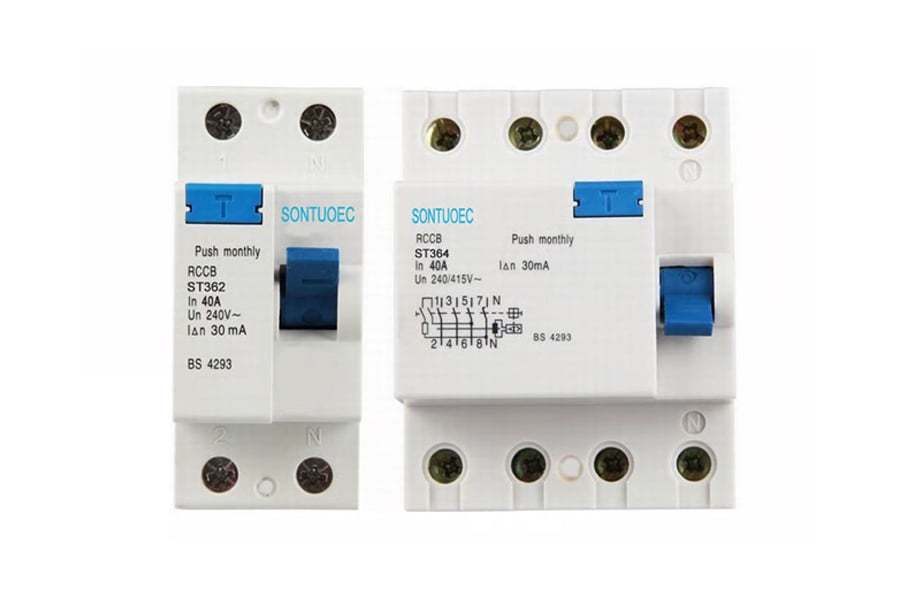Table of Contents

Functionality
When it comes to protecting your electrical system from overloads and short circuits, both circuit breakers and fuses serve the same purpose. They are designed to interrupt the flow of electricity when a fault is detected, preventing damage to your appliances and wiring.
Operation
Circuit breakers work by automatically shutting off the flow of electricity when a fault is detected in the circuit. Fuses, on the other hand, contain a thin strip of metal that melts when exposed to excessive current, breaking the circuit and cutting off the power.
Durability
In terms of durability, circuit breakers have the upper hand. Unlike fuses, which need to be replaced every time they blow, circuit breakers can simply be reset with the flip of a switch. This makes them more convenient and cost-effective in the long run.
Safety
When it comes to safety, both circuit breakers and fuses are designed to protect your home from electrical fires. However, circuit breakers are considered to be safer than fuses because they do not require manual replacement and eliminate the risk of improper installation.
Cost
While circuit breakers are initially more expensive to install than fuses, they can save you money in the long run due to their reusable nature. Fuses, on the other hand, need to be replaced every time they blow, which can add up over time.
Response Time
Circuit breakers have a faster response time than fuses when it comes to cutting off power in the event of a fault. This quick reaction time can help prevent damage to your electrical appliances and wiring.
Flexibility
Circuit breakers offer more flexibility than fuses when it comes to troubleshooting electrical issues. With a circuit breaker, you can simply reset the switch to restore power, whereas with a fuse, you will need to replace the entire unit.
Installation
When it comes to installation, circuit breakers are easier to install than fuses. They simply need to be mounted on a panel and wired into the electrical system, whereas fuses require more intricate wiring and can be more challenging to replace.
Longevity
Circuit breakers have a longer lifespan than fuses, as they can be reset multiple times without needing replacement. This can save you time and money in the long run, as you won't have to constantly stock up on replacement fuses.
Verdict
In conclusion, while both circuit breakers and fuses serve the same purpose of protecting your electrical system, circuit breakers come out on top in terms of durability, safety, and cost-effectiveness. If you're looking for a reliable and long-lasting solution to your electrical protection needs, circuit breakers are the way to go.
